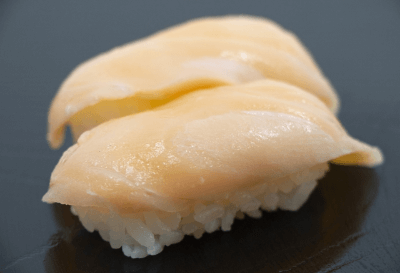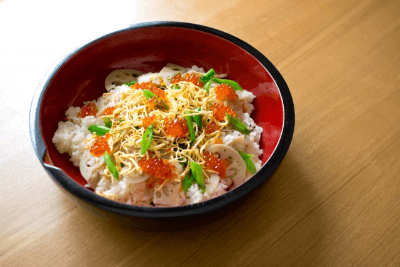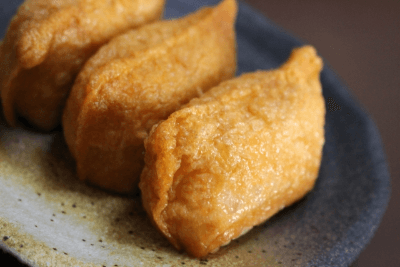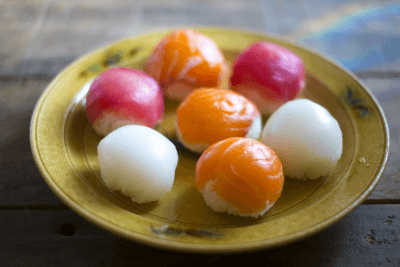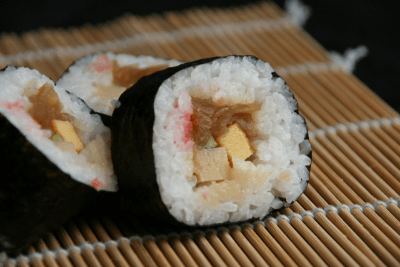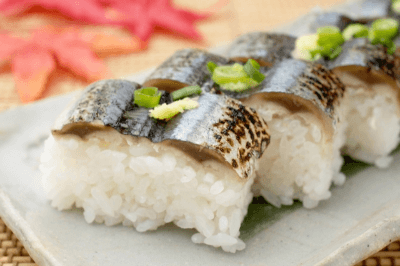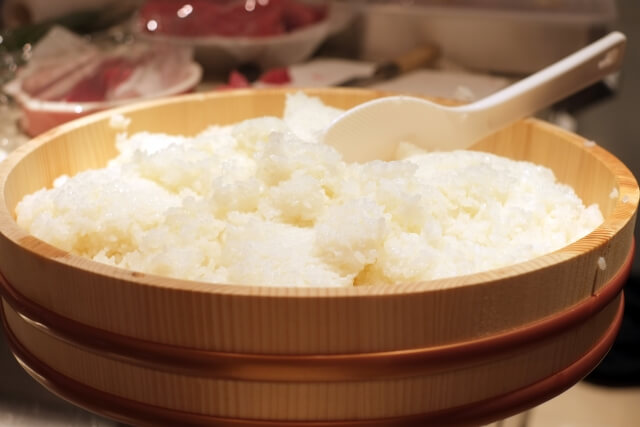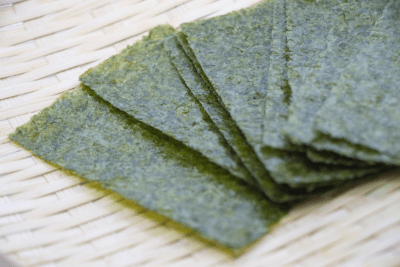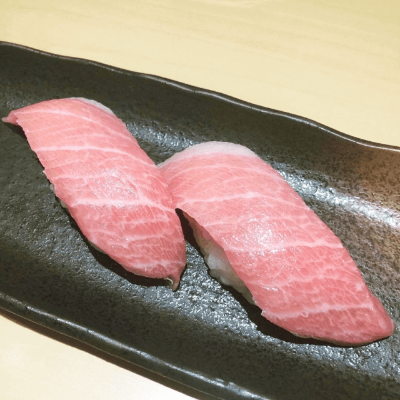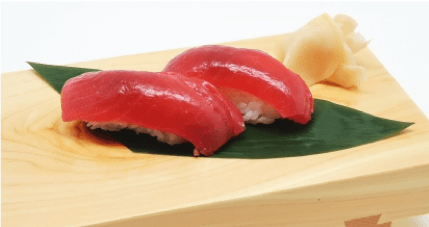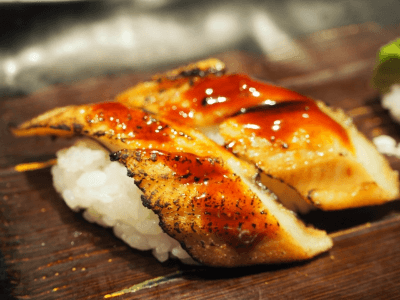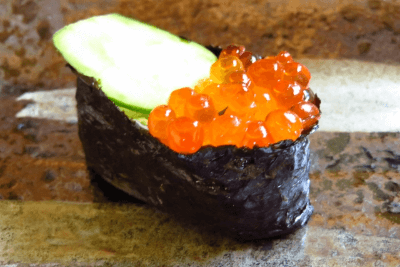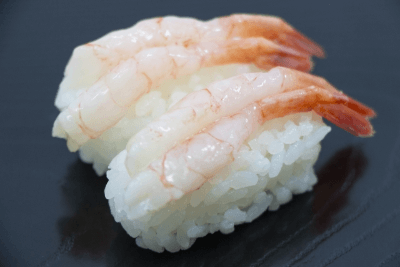

182 Cooking Classes in Osaka
39 Classes in Osaka
13 Classes in Osaka
15 Classes in Osaka
20 Classes in Osaka
6 Classes in Osaka
8 Classes in Osaka
11 Classes in Osaka
11 Classes in Osaka
9 Classes in Osaka
12 Classes in Osaka
7 Classes in Osaka
2 Classes in Osaka
72 Classes in Osaka
9 Classes in Osaka
Osaka, and the broader Kansai region in which it lies, developed its own unique spin on sushi that contrasts with what was popularized in Tokyo. This was largely in response to being farther inland – before refrigeration technology was developed, clever ways to preserve seafood were an absolute necessity to keep sushi ingredients tasty and edible. Now that we have refrigeration, however, you can learn how to make all different types of sushi during your stay in Osaka!
Five stars is not enough! We had an amazing experience with Yuko. It was a very well prepared and personal experience. There was a great range of dishes we prepared with insider tips and tricks. Truly a must if you love food and want an unique Japanese cooking experience!! Would highly recommend.
Five stars is not enough! We had an amazing experience with Yuko. It was a very well prepared and personal experience. There was a great range of dishes we prepared with insider tips and tricks. Truly a must if you love food and want an unique Japanese cooking experience!! Would highly recommend.
I had a fantastic time learning how to make sushi, miso soup, and tamago egg omelettes with Saeko! She is very professional, had easy to understand material prepared to teach the background of the dishes we would be making, and showed us how to make the dishes clearly and patiently. The whole les...
The cooking class with Keiko was amazing! I've enjoyed it so much that this class was my second time with Keiko. The experience and knowledge gained from the cooking class is unique, and truly authentic experience. As I revisit Osaka, I will be sure to take a course again with Keiko. Thank you!
What a beautiful memorable experience! Thank you Eiko for such a wonderful afternoon. Your hospitality and generosity made our day. A delicious sushi lunch which we throughly enjoyed - making ourselves! You spoilt us and our children. Thank you so much Eiko!
Popular cheap sushi making classes in Osaka include Let\'s make artistic sushi !(1type).
All sushi making classes in Osaka on airKitchen are offered in English.
Some of the best sushi making classes for vegetarians in Osaka include Vegetarian Sushi cooking \r\n♥♥Only one group per day♥♥.
Some of the best sushi making classes for vegans in Osaka include 3 types of sushi, Miso Soup, Japanese Sweets, and Matcha (Tea ceremony)! one lesson per group\r\n(alone, with your parter, friends, family, etc.)(halal / vegan acceptable)\r\n.
On average sushi making classes in Osaka cost ¥9544 per person (based on airKitchen prices).
Sushi Festival!\r\n[Only one group per day] is popular with other travelers visiting Osaka.
Please note that this is an example, and classes vary by host.
Sushi meshi, or sushi rice, is made by combining freshly cooked rice with vinegar, sugar, and salt.
Sushi neta refers to the sushi toppings, mostly commonly sashimi, seafood, and egg for nigiri sushi. Depending on the ingredients, different preparations are needed.
Nothing compares to freshly grated wasabi from the wasabi rhizome. (Within minutes, wasabi begins losing its nuanced flavor!)
Using wetted hands and fingers, shape the rice into rectangular or oval blocks.
Now that the rice, sushi neta, and wasabi are prepared, you can assemble your nigiri sushi! The wasabi is often used to help stick the toppings to the rice.
Now you can dig in with a little soy sauce and wasabi!
Cooked rice is combined with vinegar, sugar, and salt to create the distinct flavor of sushi meshi (sushi rice).
There are a wide array of possibilities when it comes to ingredients for maki sushi. Sashimi, seafood, egg, and both fresh and pickled vegetables are more traditional options.
To start assembling your roll, you'll have to spread a layer of rice on a sheet of nori (seaweed).
Then, the sushi ingredients are added in the middle on top of the rice.
This can be tricky, but gets easier as you get the hang of it! Using a wooden sushi mat, roll up the seaweed and fillings into a cylinder.
All that's left is slicing up the elongated roll into the familiar, smaller sushi rolls. A moistened knife will help with clean cuts.
Now you can dig in with a little soy sauce and wasabi!
Combine cooked rice with vinegar, sugar, and salt in order to make sushi rice.
You can use a variety of ingredients when making temari sushi. Fish, seafood, meat, and vegetables, both raw and cooked, are all common. It's recommended to thinly slice your toppings for the best results.
After first placing the topping(s) on a sheet of plastic wrap, add a little wasabi (if you'd like) and a small amount of rice.
Wrap and twist the plastic wrap around the ingredients to form a perfect sphere. With the plastic wrap to guide you and keep your hands clean, it won't be too difficult to make an evenly-shaped ball!
Your first temari sushi is done! Experiment with mixing and layering different colors and textures of ingredients for an attractive temari sushi set.
To make a batch of sushi rice, add vinegar, sugar, and salt to cooked rice.
Chirashi sushi toppings vary widely by region and taste in Japan. Raw fish, egg, cooked and uncooked seafood and vegetables, and other colorful garnishes are popular options.
Ingredients can be mixed in directly with the sushi rice, placed on top, or a combination of the two. Add colorful garnishes at the end to give your chirashi sushi bowl an attractive appearance.
With your sushi rice and ingredients now all together, your chirashi sushi is ready to be enjoyed!
Fold vinegar, salt, and sugar into cooked rice to make sweet sushi rice.
Aburaage is deep-fried tofu that forms the outside pockets of inari sushi. In order to prepare it, you'll simmer the inari in a broth typically made of dashi, sugar, and soy sauce.
Using your hands, mold cylindrical balls of sushi rice.
Pack the rice balls into the aburaage pouches, sealing them as you finish. Lastly, if you'd like, sprinkle on black sesame seeds as a garnish.
Enjoy your simple and sweet inari sushi treat!
Together, cooked rice, vinegar, sugar, and salt make up the foundation of sushi rice.
Pickled fish and vegetables are popular toppings for oshi sushi. They'll need to be cut in a way that they fit in the oshibako – the wooden frame that the oshi sushi is pressed in.
With hands and oshibako moistened with vinegar water, you're ready to assemble your oshi sushi! Start with adding layer of your sushi topping to the base of the oshibako, then add rice on top.
In order to achieve the distinct pressed style of oshi sushi, you'll place the top press of the oshibako on top of the rice and push down firmly.
Slide the resulting long rectangular strip out of the oshibako. With the ingredients on top, slice into bite-sized pieces of sushi.
Time to eat your tasty oshi sushi!
Different types of sushi evolved throughout the various regions of Japan. Differing cultures, tastes, and ingredients influenced these distinct sushi styles, which continue to change and expand today. See More About Sushi
Typically composed of sushi rice with thinly sliced raw fish atop, nigiri sushi is simple and elegant. Shellfish and egg are other common nigiri sushi toppings.
See More About Nigiri Sushi
Chirashi sushi gets its name from the Japanese word "chirashi", meaning "scattered". Ingredients are mixed in and topped on sushi rice in a bowl.
See More About Chirashi Sushi
A sweeter option than others, inari sushi refers to sushi rice that has been wrapped in a flavorful pouch of aburaage (deep-fried tofu).
See More About Inari Sushi
Temari sushi is simple to make and thus a popular option for home cooking. Sushi rice is formed into spheres with ingredients placed on top, often decoratively.
Perhaps the most recognizable, maki sushi consists of sushi rice and ingredients delicately rolled in a sheet of seaweed that is then cut into smaller slices.
See More About Maki Sushi
Also knows as hako sushi, oshi sushi is distinguished by its shape. It is formed by pressing sushi rice and toppings into a rectangular "oshiwaku" box before being cut into angular blocks or triangles
Rice seasoned with vinegar, sugar and salt
See More About Sushi Meshi
Seaweed
Fatty tuna
See More About Toro
Conger eel
See More About Anago
Salmon roe
See More About Ikura
Sweet shrimp
See More About Ama-Ebi
Sea urchin
See More About Uni
Sushi is one of the most famous dishes in Japanese cuisine. What many people don’t know, however, is that regional and cultural differences led to the evolution of different styles of sushi throughout Japan. Osaka is no different. The city is best known for its oshi sushi, which is made through pressing sushi rice and toppings in a special wooden box before cutting out bite-sized blocks, as well as its unique spin on chirashi sushi. Through taking a class with an Osaka local, you can learn how to make many types of sushi and gain the proper skills to make them on your own!
You’ll learn how to make sushi directly from a Japanese local in their own home. The ability to converse with a Japanese native and cook in a Japanese home represents a rare glimpse into everyday Osaka life. After making your sushi, you’ll be able to sit down and eat together with your Japanese host.
A sushi making class enables you to extend your enjoyment of Japanese culture, specifically its special food culture, to even after you return home. You’ll be able to make authentic sushi for yourself, family, and friends, as well as remember the conversations and memories you made together with your Japanese host.














![[osaka] Sushi cooking class and Matcha \r\n](https://image.airkitchen.me/experience/9948/1.png?w=450&auto=compress)



















![Be a sushi master! Cook 3 types of sushi, rolled omelet and miso soup [*Available only on April 18th]](https://image.airkitchen.me/experience/2142/1.png?w=450&auto=compress)

![Hands-on 3 types of VEGAN SUSHI, homemade tofu and miso soup [*Available only on April 23]](https://image.airkitchen.me/experience/6268/1.png?w=450&auto=compress)


![Gorgeous hospitality Oshizushi\r\nHand ー rolled\r\n【Party Sushi that you can\'t experience at a Sushi restaurant.】\r\n★★Traditional Japan Sushi.\r\n[Only one group perday]](https://image.airkitchen.me/experience/8142/1.png?w=450&auto=compress)



























